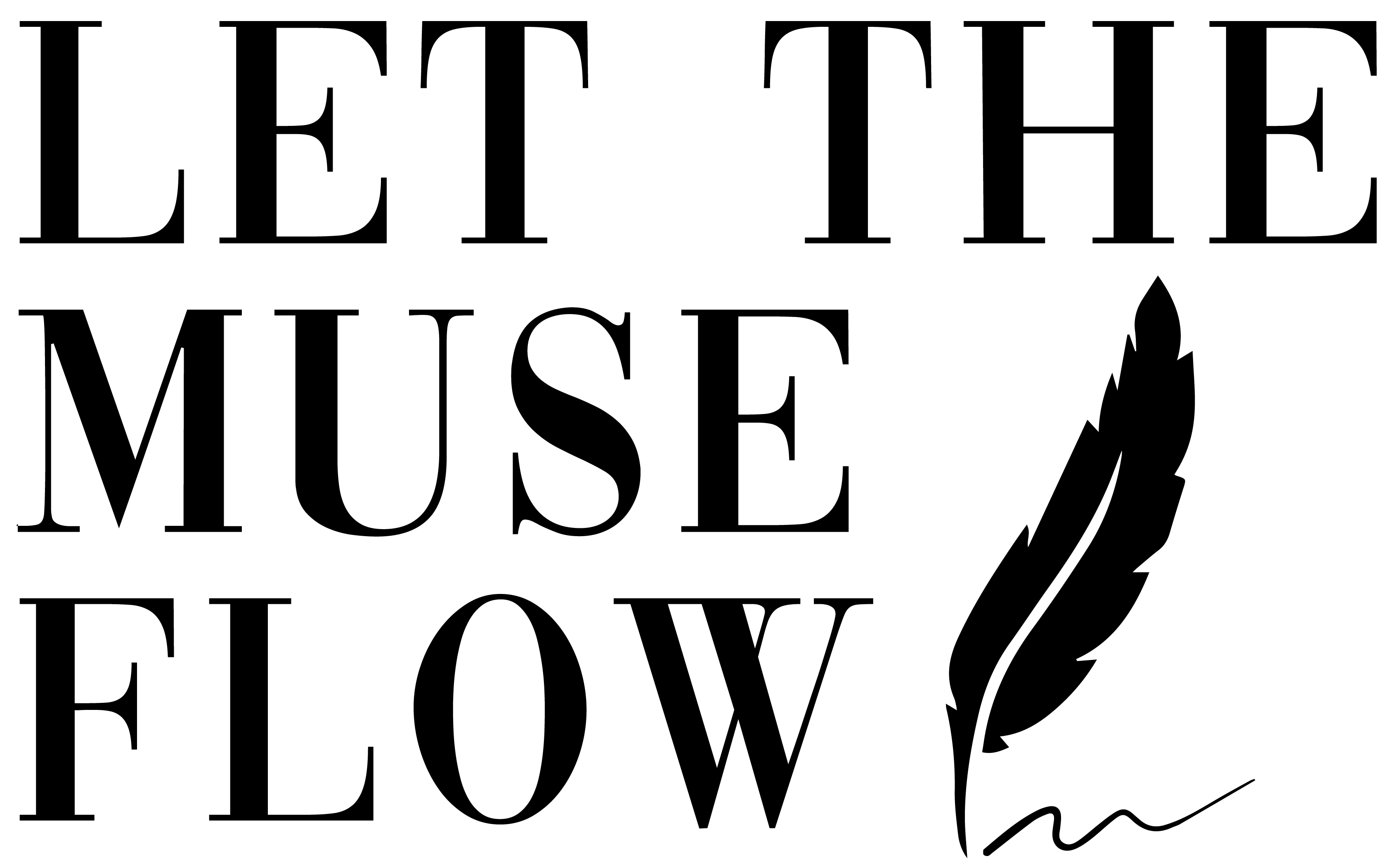
Inspired by Susan David’s post on recognizing emotions as data, not directives, I persist with this thought process with a slant of not treating emotions as triggers.
Think about a time when you felt deeply upset by a colleague who tried to ‘outcompete’ you in a manipulative manner and you just couldn’t stop but cast your anger spell at that person.
Obviously, that’s the natural reaction. Who wouldn’t feel angry when they are enraged? These in some form are called emotional triggers – things that ‘wheel you up’ and takes you into a negative spiral that tanks your bare, baseline optimism.
Humans are wired for shared experiences and feeling the collective emotions reverberating in the environment we work in. But sometimes, ‘shared’ becomes an illusion of inclusion, not feeling together to arrive at a better emotional state.
So how can you feel better and make peace with these triggers – in work and life?
By reframing your locus of inner control over the external stimuli of constant emotional chaos that just wants to seep into your mind.
And this is possible by recognising these emotions as data – a fundamental checkbox of latent and existing emotions that serves as useful information for refined thinking. Sometimes, our left – a rather analytical and logical brain helps us objectively see emotions as points to observe and refine. That is, take out the wheat (resonant emotions to feel) from the chaff (residual emotions that our brains can delete).
Your self-awareness of what needs you deliberation over what needs to be dismissed upon consideration helps you learn how to process emotions in a mindful manner.
This is where mindfulness and meditation practices help. These modalities help us regulate our emotional health in a placid way.
Not everything needs to be ‘inboxed’ into your nervous system. Our bodies are perfect accountants of how much emotional stress we store in them over a period of time (often mentioned in our Ziva meditation practice).
Now, it’s time we reign on what matters and what needs to be let out from our physiology so that we don’t carry the emotional weight of things that don’t align with our bigger mission.
Emotions have the power to help us non-judgementally observe the world in hues of gray – and when we see certain manifestations of those hues that are in sync with our soul’s mission, we allow them to be felt and experienced more humanly than ever.
By reframing emotions as data-backed information, we invent decisions for the better part of the good we wish to envision in our lives.
Photo by Benjamin Ranger on Unsplash

